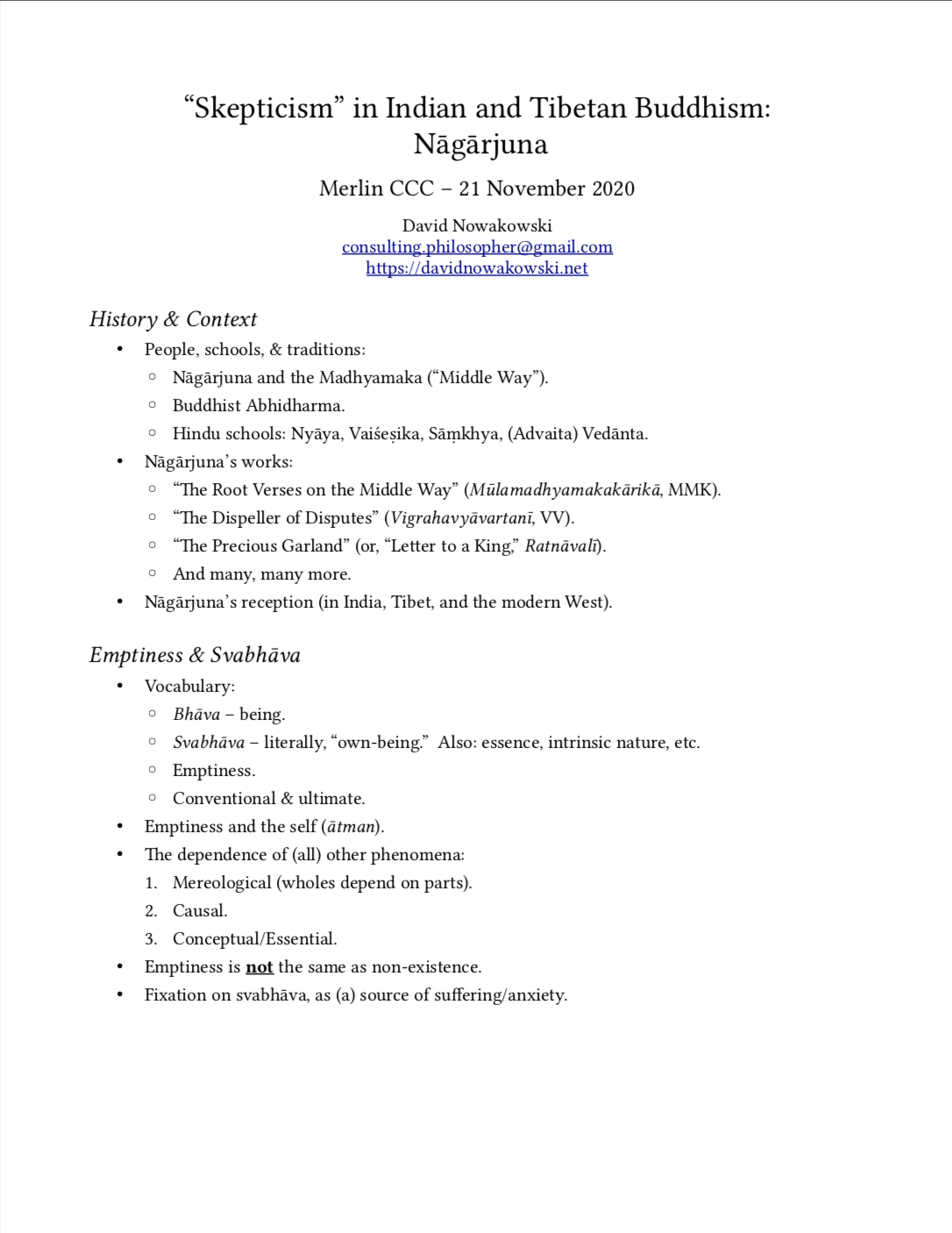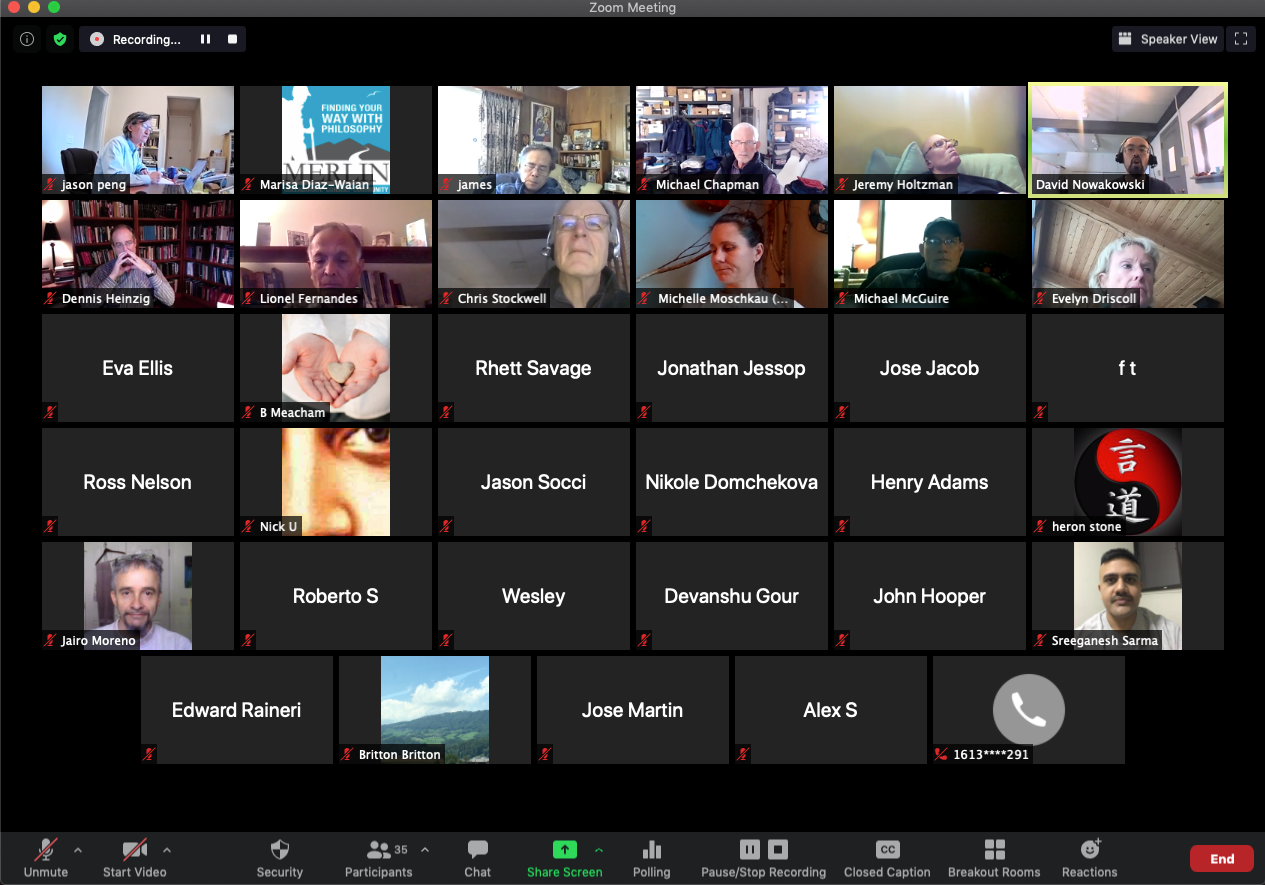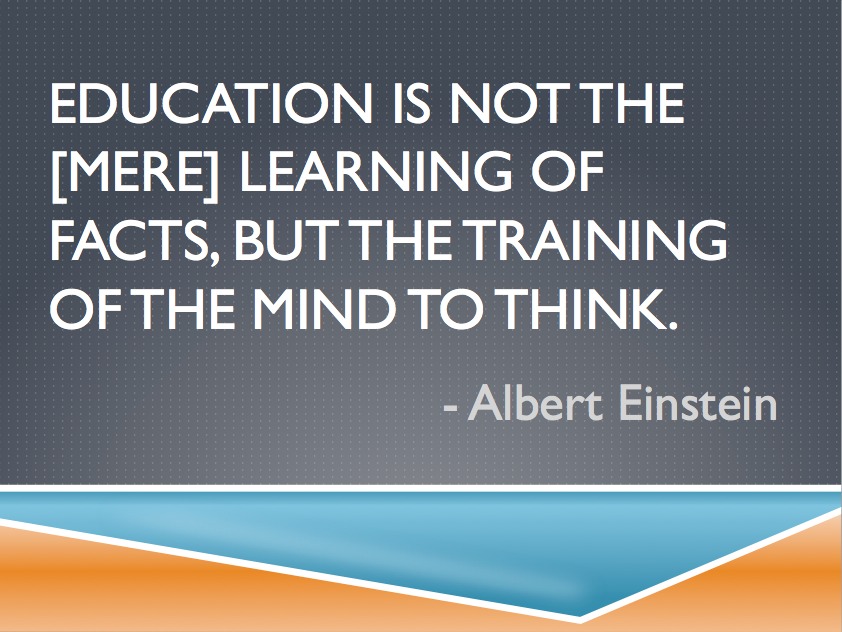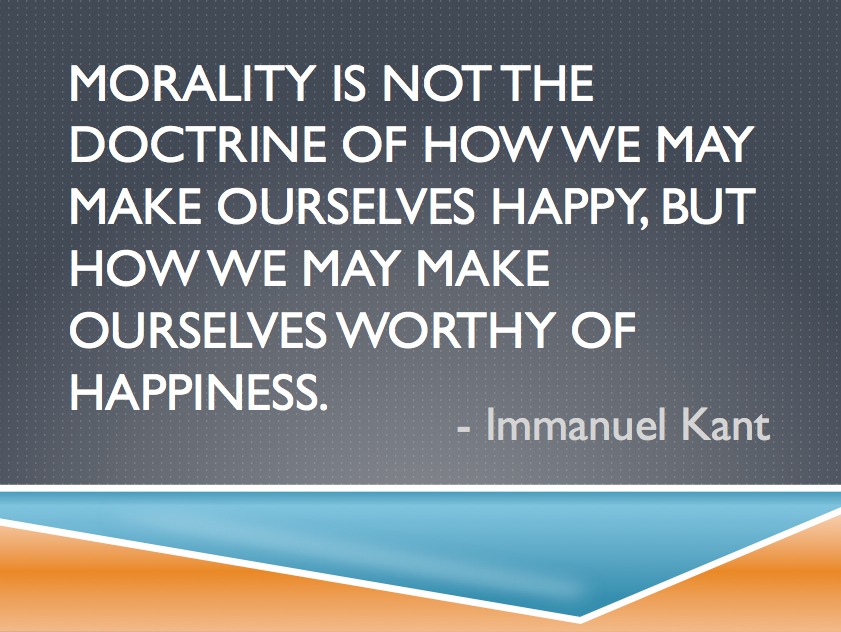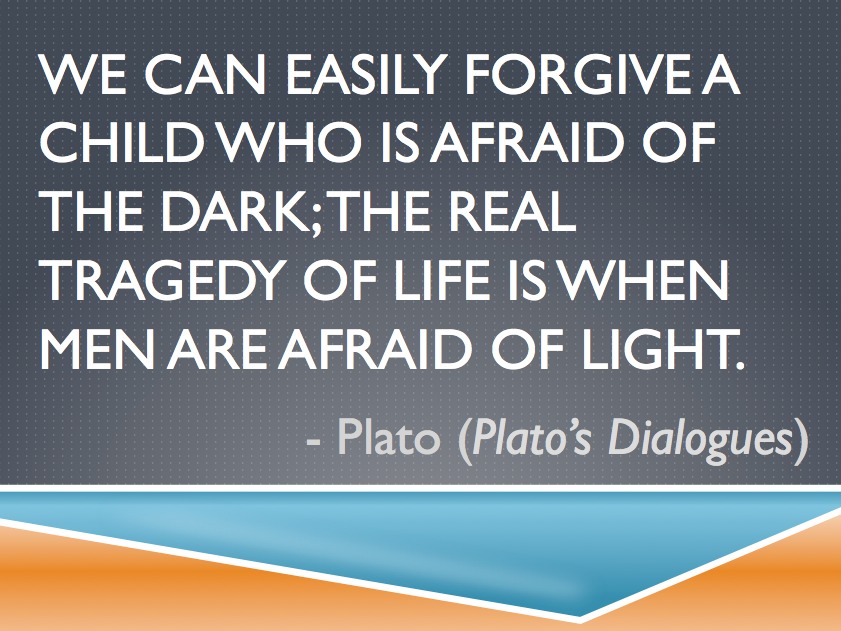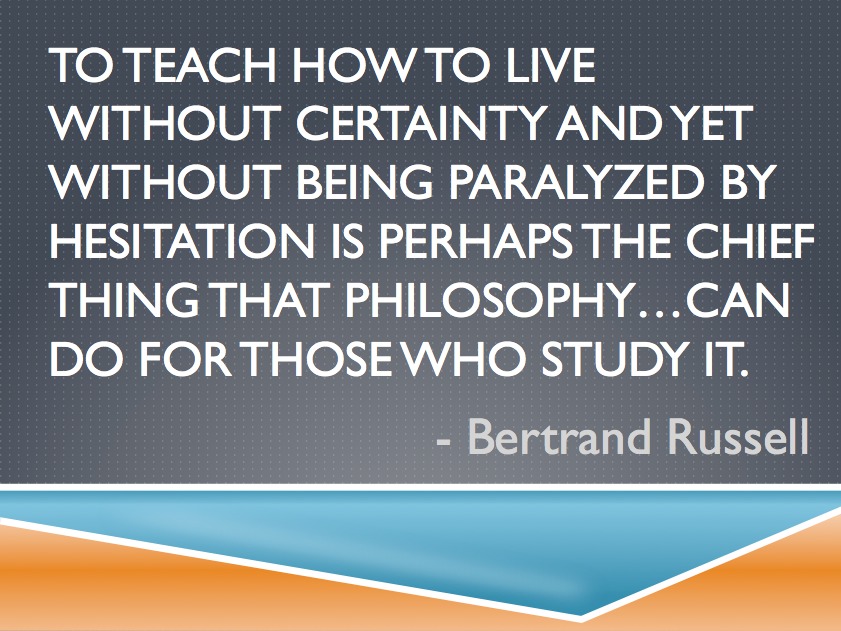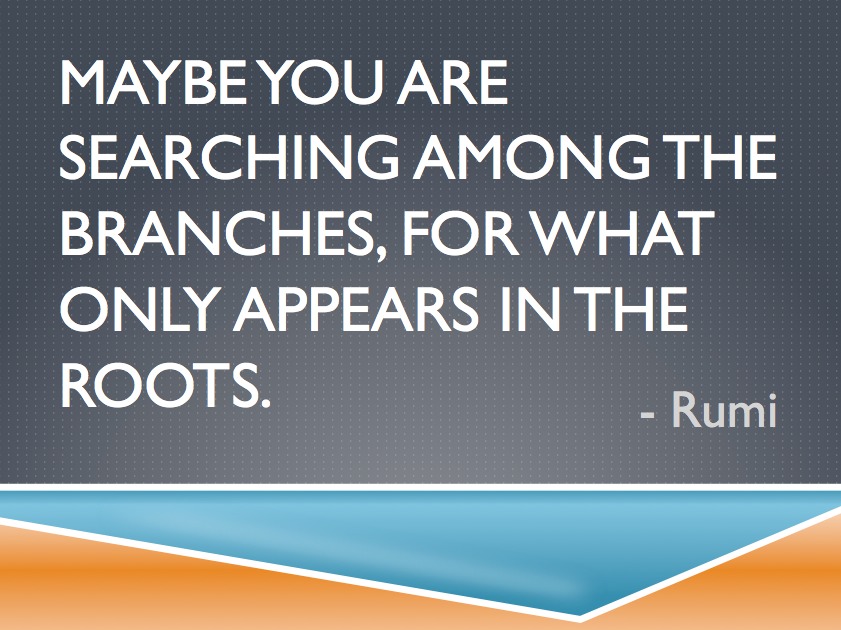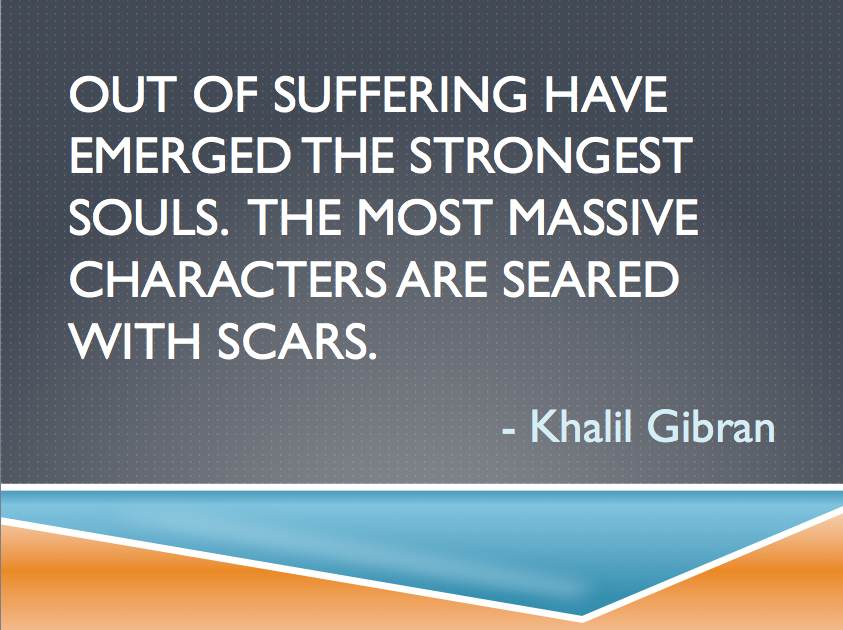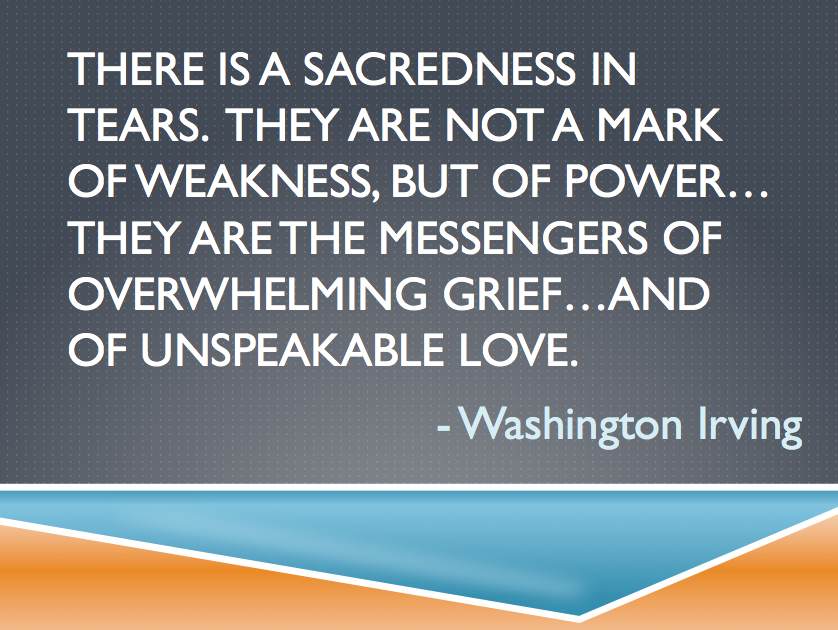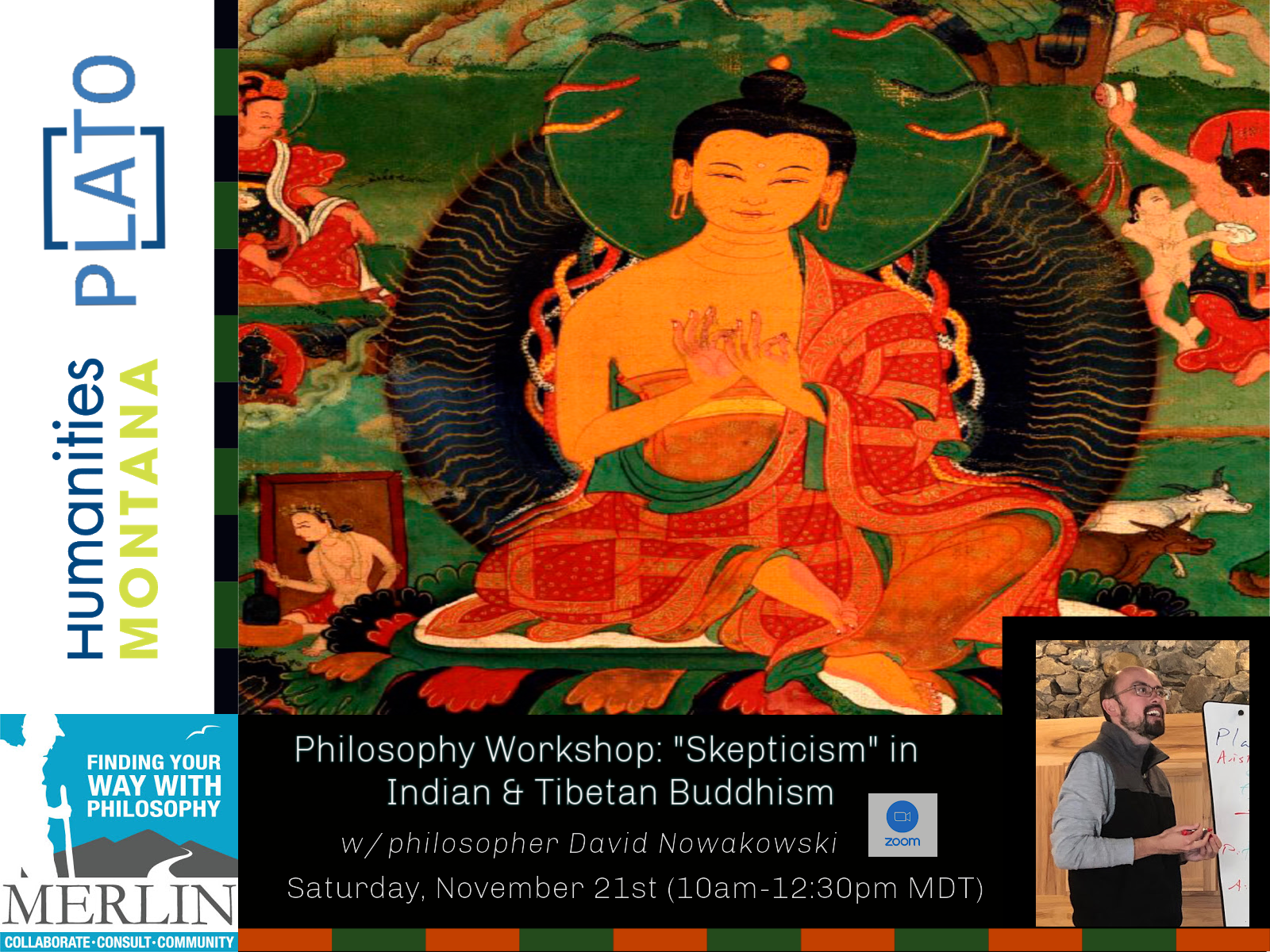
While “skepticism” in its most strict sense is the name of certain philosophical traditions which originated in the classical Greek world, or which are descended from them, the term has also been used more broadly, to refer to philosophical traditions from other parts of the world, which bear interesting and illuminating similarities (and contrasts!) with the classical Greek skeptical traditions. For a while, there was a small cottage industry of academics turning out books and articles making such comparisons.
“Skepticism” in Indian and Tibetan Buddhism: Nāgārjuna
In this second installment of our workshop series, we looked at one of those comparison cases: the Madhyamaka (or “Middle Way”) philosophy of the Indian Buddhist philosopher Nāgārjuna (2nd c. CE). While Nāgārjuna’s philosophy had relatively little direct impact on the history of philosophy in India—hardly any later writers quote him, respond directly to his arguments, or even mention his name—Nāgārjuna’s work was transmitted to Tibet, where it became one of the two major pillars of Tibetan Buddhist philosophy—a status which endures in Tibetan monastic education down to the present day.
In this workshop, we:
— Introduced Nāgārjuna’s life and work, within the larger context of Buddhism and Indian philosophy.
— Examined Nāgārjuna’s philosophical method: the distinctive styles of argument he uses, including his so-called “tetralemma.”
— Discussed the key doctrinal claims that Nāgārjuna’s work seems (albeit indirectly) to uphold, especially the concept of “emptiness”: the denial of any permanent, abiding nature to anything at all.
Finally, this discussion of “permanent, abiding nature” give us the opportunity to examine the most important thing which many of Nāgārjuna’s opponents thought to be “permanent and abiding”: our own self. We took some time to consider what it means for the human self to have (or lack) permanence, and what this vexed question has meant for spiritual and philosophical practice, in India and beyond.
Videos
(Workshop Introduction & Session Recordings )
About the Workshop Leader...
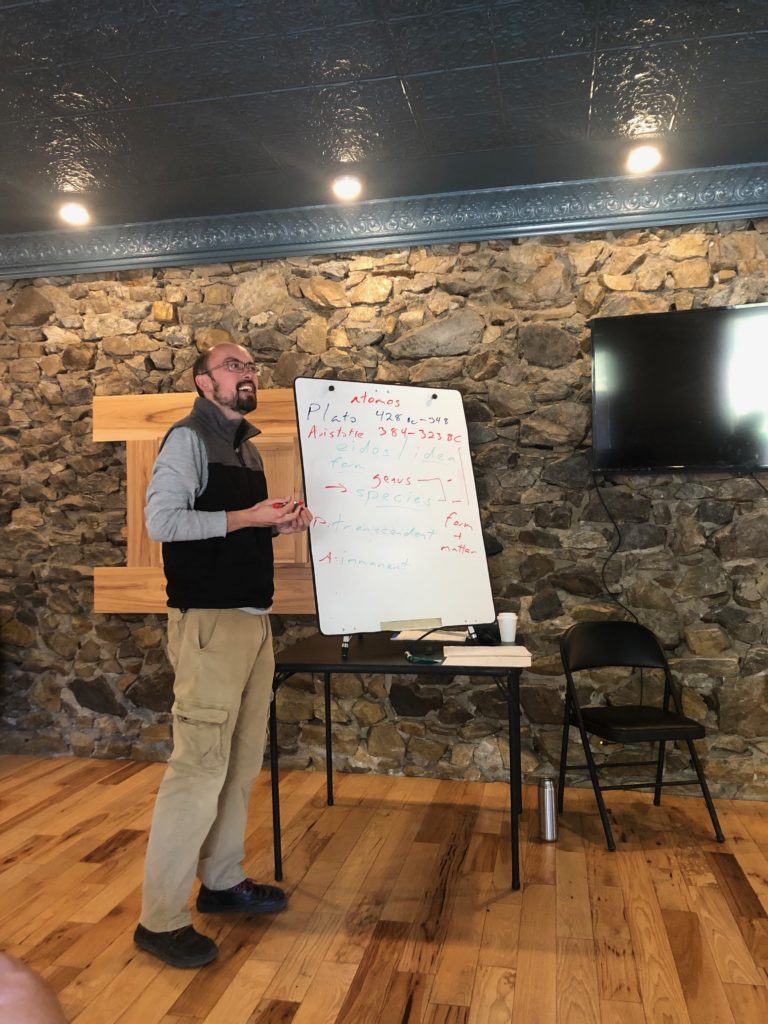
David is as a philosopher and educator whose professional work is dedicated to helping people of all ages and backgrounds access, understand, and apply the traditions of ancient philosophy to their own lives. A lover of philosophy and the great outdoors, David is currently building his own consulting practice and serves as a Philosophical Advisor and Consultant for Merlin CCC & Senior Mentor for scholars in the Merlin Fellowship Program.
David began studying ancient philosophies and classical languages in 2001, and has continued ever since. A scholar of the philosophical traditions of the ancient Mediterranean (Greece, Rome, and North Africa) and of the Indian subcontinent, reading Sanskrit, Latin, and classical Greek, he earned his Ph.D. in philosophy from Princeton University in 2014. His work has appeared in a variety of scholarly journals, including Philosophy East & West, Asian Philosophy, and the Journal of Indian Philosophy; as well as in presentations to academic audiences at Harvard, Columbia University, the University of Toronto, Yale-NUS College in Singapore, and elsewhere.
A hermit by nature and by committed choice, he balances contemplative solitude with his active work in teaching, counseling, and the healing arts. We are elated to be collaborating with David on our philosophy in the community activities, fellowships, and other Merlin projects.
Thank You’s


Thank you to Humanities Montana and P.L.A.T.O. (Philosophy Learning and Teaching Organization) for helping support our philosophy in the community programs and making events like this possible! This workshop was part of our 2020 “Thinking as a Community” project.

